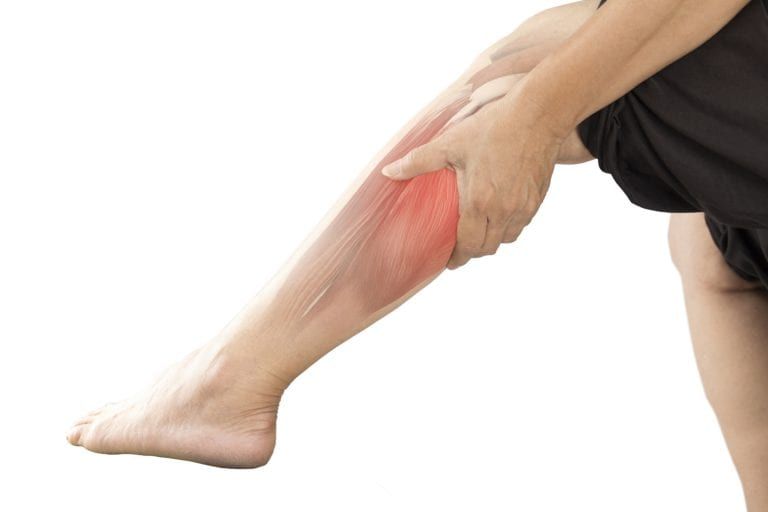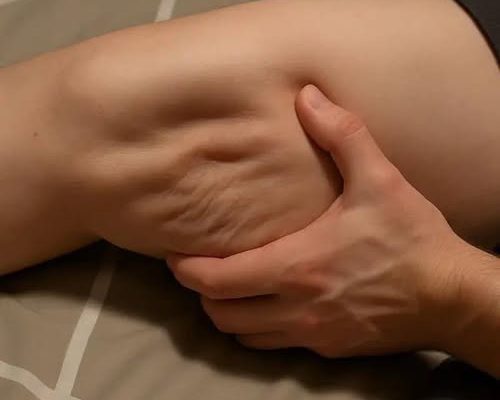Because they give you leg cramps at night
Nighttime leg cramps—also known as nocturnal leg cramps—are a common and often distressing experience. These sudden, involuntary muscle contractions typically affect the calves, feet, or thighs and can jolt a person awake with intense pain. Although the cramps usually subside within minutes, the discomfort and lingering soreness can disrupt sleep and impact overall well-being.
In this article, we’ll explore what causes nighttime leg cramps, who is most at risk, and how to manage and prevent them effectively.

What Are Nighttime Leg Cramps?
Nighttime leg cramps are painful muscle spasms that occur during sleep, often in the calf or foot muscles. The cramping sensation is usually described as a sharp, tightening pain, sometimes accompanied by a hard knot or bulge in the muscle. The episodes may last anywhere from a few seconds to several minutes, leaving residual soreness that can persist for hours.
Unlike restless leg syndrome—which causes an uncontrollable urge to move the legs—nighttime leg cramps involve actual muscle contractions and pain.
Common Risk Factors
A variety of factors can increase the likelihood of experiencing leg cramps at night, including:
-
Age: Older adults are more prone to leg cramps, possibly due to muscle loss and changes in nerve function.
-
Pregnancy: Hormonal shifts, weight gain, and changes in blood circulation during pregnancy can trigger cramps, especially in the second and third trimesters.
-
Physical activity: Intense exercise, especially if muscles are overused or not properly stretched afterward, can contribute to nighttime cramping.
-
Dehydration: Not drinking enough fluids—particularly after physical activity—can cause muscles to cramp.
-
Medical conditions: Conditions such as kidney failure, diabetes, thyroid disorders, and peripheral artery disease are associated with a higher risk of leg cramps.
Potential Causes
There isn’t always a clear reason for nighttime leg cramps, but several physiological and environmental factors have been identified:
1. Electrolyte Imbalances
Muscle function depends heavily on the balance of electrolytes like magnesium, potassium, calcium, and sodium. A deficiency or imbalance can disrupt normal nerve signaling, leading to cramps.
2. Poor Circulation
Reduced blood flow to the legs, especially when lying down, can cause muscles to cramp due to lack of oxygen and nutrients.
3. Dehydration
Even mild dehydration can impact muscle function and increase the risk of cramps, particularly after heavy sweating or inadequate fluid intake.
4. Nerve Compression
Issues in the spine, such as lumbar stenosis or nerve impingement, may also contribute to cramping in the lower extremities.
5. Medications
Certain drugs may increase the likelihood of leg cramps, including:
-
Diuretics (used for high blood pressure)
-
Statins (used to lower cholesterol)
-
Beta-agonists (used in asthma inhalers)
-
Some antipsychotic or antidepressant medications
Management and Prevention
While not all cramps can be prevented, there are several strategies that may help reduce their frequency and severity:
 Stay Hydrated
Stay Hydrated
Drink water consistently throughout the day. If you exercise or sweat heavily, consider drinks with added electrolytes.
 Stretch Before Bed
Stretch Before Bed
Gentle calf and hamstring stretches before bedtime can help loosen muscles and reduce the likelihood of cramping during the night.
 Improve Mineral Intake
Improve Mineral Intake
Ensure you’re getting adequate magnesium, potassium, and calcium through diet or supplements (with a doctor’s guidance). Foods rich in these minerals include bananas, leafy greens, nuts, dairy, and whole grains.
 Check Your Medications
Check Your Medications
If you suspect a medication may be causing cramps, consult your healthcare provider about possible alternatives or adjustments.
 Change Sleeping Positions
Change Sleeping Positions
Avoid sleeping with toes pointed (like lying face down), which can shorten calf muscles. Instead, try sleeping on your back with feet supported in a neutral position.
 Use Heat or Cold Therapy
Use Heat or Cold Therapy
Applying a warm towel or heating pad can help relax tight muscles. For persistent soreness, a cold compress might reduce inflammation.
When to See a Doctor
Occasional leg cramps are usually harmless, but frequent or severe cramps can sometimes signal an underlying health issue. Seek medical advice if:
-
Cramps are occurring multiple times a week
-
They don’t improve with self-care
-
You notice muscle weakness, swelling, or other unusual symptoms
In Summary:
Nighttime leg cramps are painful but usually not dangerous. Understanding the potential causes and implementing simple lifestyle changes can help manage and reduce the frequency of cramps. If cramps persist or interfere significantly with your sleep, don’t hesitate to consult a healthcare professional for further evaluation.



